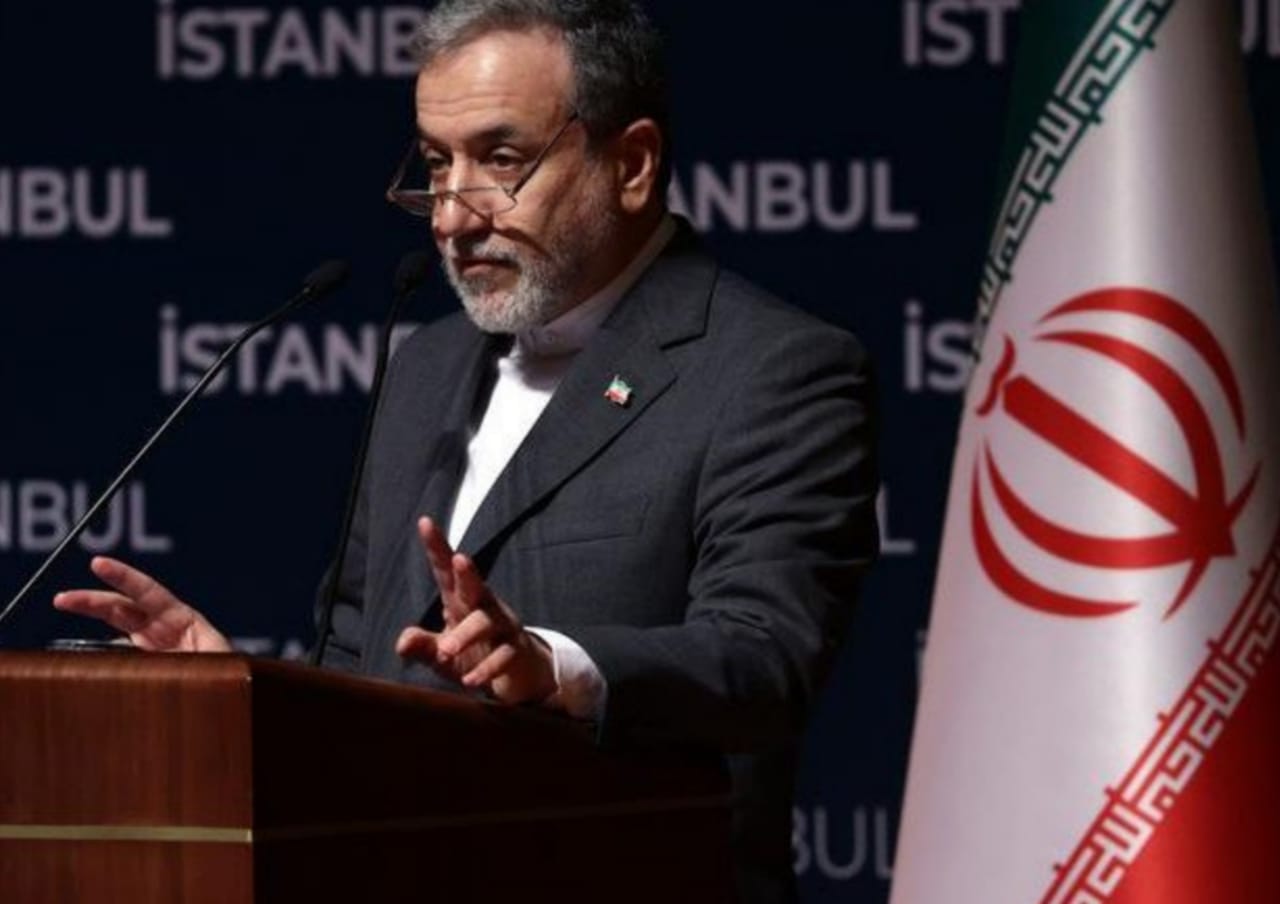
As geopolitical pressures mount, Iran and the European trio- France, Germany, and Britain are set to resume nuclear negotiations in Istanbul this Friday. The highly anticipated talks follow a month of heightened tensions and renewed warnings from European capitals: unless progress is achieved, United Nations sanctions on Tehran could be reimposed as early as August-end.
The forthcoming meeting, confirmed by Iranian state media and international news agencies, comes after a decisive virtual call between the E3 foreign ministers, the EU’s foreign policy chief, and Iranian Foreign Minister Abbas Araghchi. This was the diplomatic bloc’s first engagement since last month’s Israeli and US aerial strikes on Iranian nuclear sites, a campaign that escalated an already fragile security environment in the region.
The venue and date, Istanbul on Friday, reflect urgent international efforts to salvage the 2015 nuclear agreement, which has been under strain since the US withdrawal in 2018. Russia and China, senior parties to the original deal, continue to support the negotiating table, but the EU and US have made clear that their patience is waning.
The European powers have set a clear deadline: if talks stall or fail to produce tangible results before August ends, the so-called “snapback mechanism” under the nuclear deal will be triggered, restoring strict UN sanctions against Iran. This looming threat is meant to force concessions from Tehran, particularly the reduction of uranium enrichment, an issue at the heart of Western nonproliferation concerns.
For Iran, the stakes are existential. The government maintains that its nuclear program is intended for peaceful, civilian purposes. However, Western critics point to increased enrichment activity as a red flag, seeking guarantees that Tehran cannot covertly develop a nuclear weapon.
Before the Israel-Iran war, five rounds of indirect talks between Tehran and Washington, mediated by Oman, broke down over irreconcilable differences. Efforts to revive the negotiations were derailed by the shock airstrikes of June 13, which not only targeted critical infrastructure but also destabilised months of slow diplomatic progress.
Iran blames the US for backing the Israeli strikes, which reportedly killed several Iranian officials and scientists. The US has argued that its actions were designed to prevent Iran from reaching nuclear breakout capability. A ceasefire was finally brokered on June 24, setting the stage for renewed diplomacy, but little time just weeks to find a resolution.
As the diplomats gather in Istanbul, the focus will be on bridging deep suspicions and addressing mutual security anxieties. Iran insists it is open to a fair and mutually beneficial deal, but warns against what it calls “worn-out policies of threat and pressure.”
Any breakthrough could steady the Middle East at a moment of acute danger. Failure, on the other hand, could plunge Iran further into international isolation, with UN sanctions likely to be restored and regional tensions further inflamed.
The world’s eyes now turn to Istanbul, where history could be rewritten one way or another at the negotiating table.